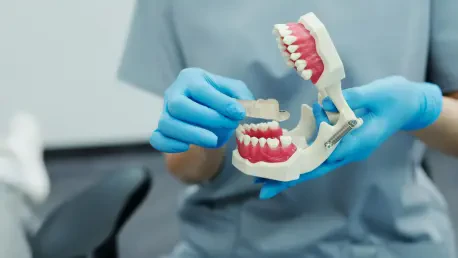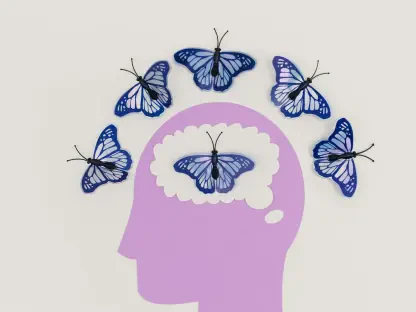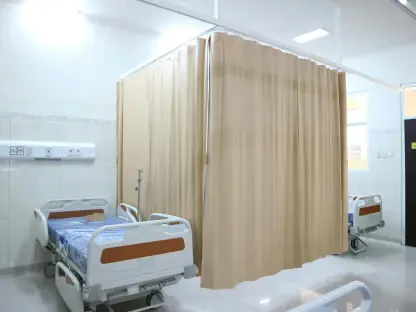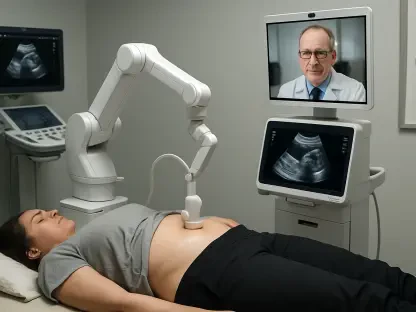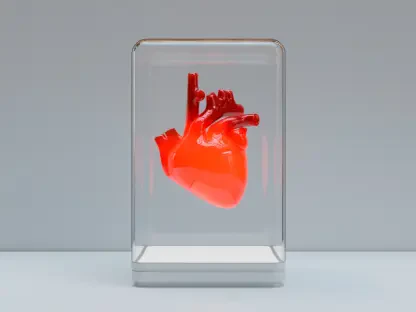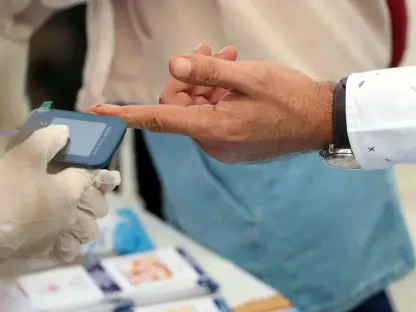Imagine a world where the sharp, sudden pain of tooth sensitivity no longer disrupts daily life, where sipping a hot coffee or enjoying an ice-cold drink becomes a painless pleasure, and millions who suffer from this common dental issue can finally find lasting relief. For those affected, such a scenario might seem like a distant dream. Tooth sensitivity, often triggered by exposed dentin tubules that connect directly to nerve endings, causes discomfort with hot, cold, sweet, or acidic foods. Traditional remedies, such as desensitizing toothpastes, have long provided only temporary relief, addressing symptoms rather than the root cause. However, a groundbreaking development in nanotechnology is poised to change this narrative. Scientists at the Indian Institute of Science’s Centre for Nano Science and Engineering have introduced an innovative solution through CalBot nanorobots, a technology designed to offer a permanent fix by targeting the structural flaws behind sensitivity. This advancement could redefine dental care, bringing lasting comfort to countless individuals.
Revolutionizing Dental Care with Nanotechnology
At the heart of this innovation are the CalBot nanorobots, tiny marvels measuring just 400 nanometers in width, crafted from magnetic iron oxide nanoparticles combined with a calcium-silicate-based bioceramic material. These microscopic agents are applied to the tooth surface and guided into the fluid-filled dentin tubules using an external magnetic field. Once positioned, the bioceramic component forms a robust, cement-like plug that extends 300 to 500 micrometers deep into the tubules. This barrier effectively mimics the protective function of natural enamel, blocking external stimuli from reaching the sensitive nerve endings beneath. Unlike conventional treatments that merely mask discomfort, this approach tackles the underlying issue of enamel loss, promising a durable solution. The precision and biocompatibility of CalBots highlight the potential of nanotechnology to address persistent dental challenges, setting a new standard for therapeutic interventions in oral health.
Promising Results and Future Prospects
The efficacy of CalBot technology has already shown remarkable promise in controlled studies, offering a glimpse into its transformative potential for dental care. Initial experiments on extracted human teeth revealed that these nanorobots could form stable, deep plugs within the tubules after just 20 minutes of exposure to a magnetic field. Further testing on mice with induced tooth sensitivity provided even more compelling evidence, as treated animals displayed a notable reduction in discomfort, willingly consuming cold water they had previously avoided. These findings, spearheaded by Prof. Ambarish Ghosh and published in a leading scientific journal, underscore the technology’s viability. Currently, a spinoff company, Theranautilus, is working to bring this innovation to clinical settings, marking a significant step toward widespread accessibility. As research has progressed over recent years, the successful outcomes of these trials reflect a growing confidence in nanorobotics, paving the way for a future where permanent relief from tooth sensitivity becomes a tangible reality for patients worldwide.
